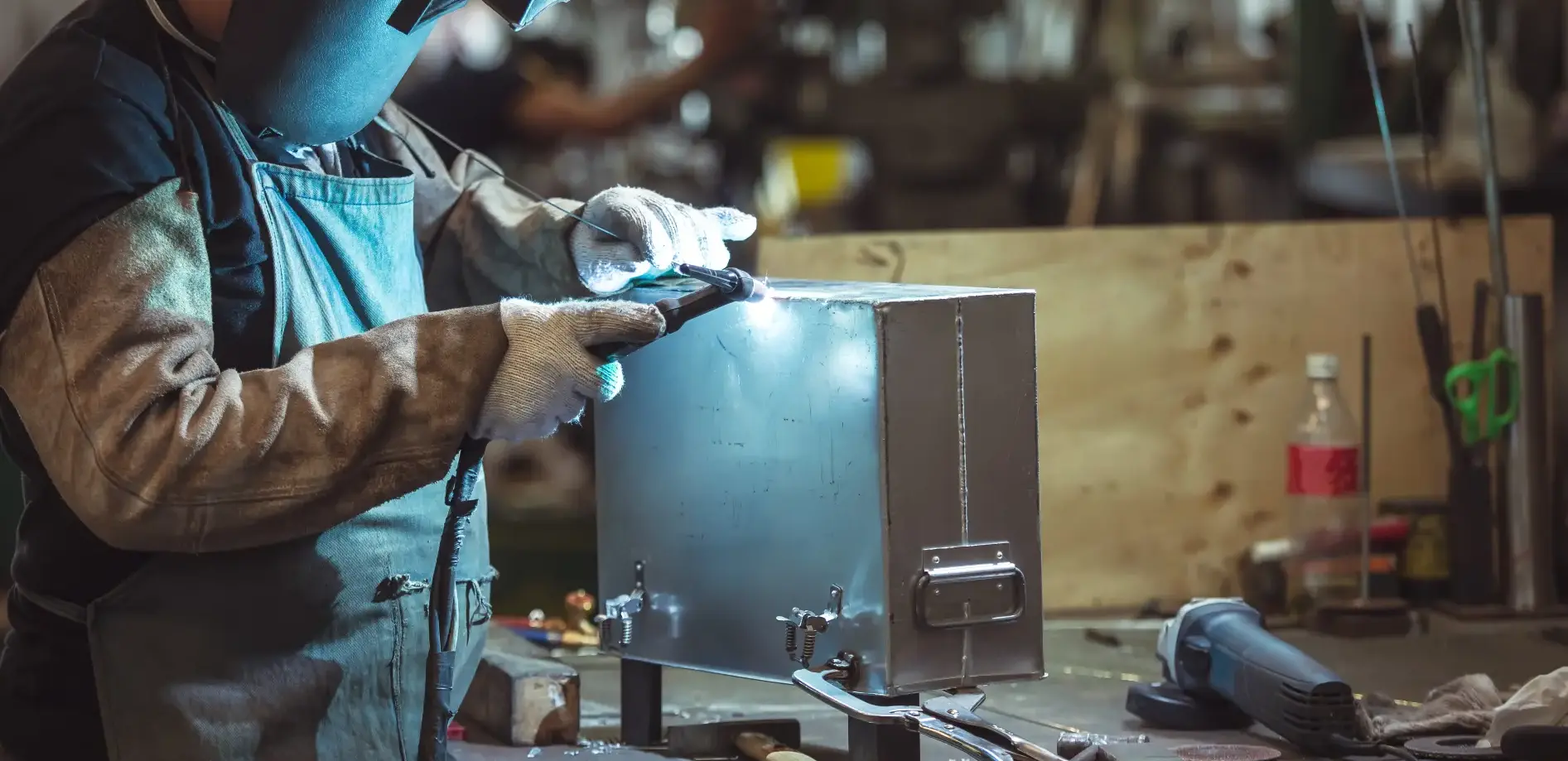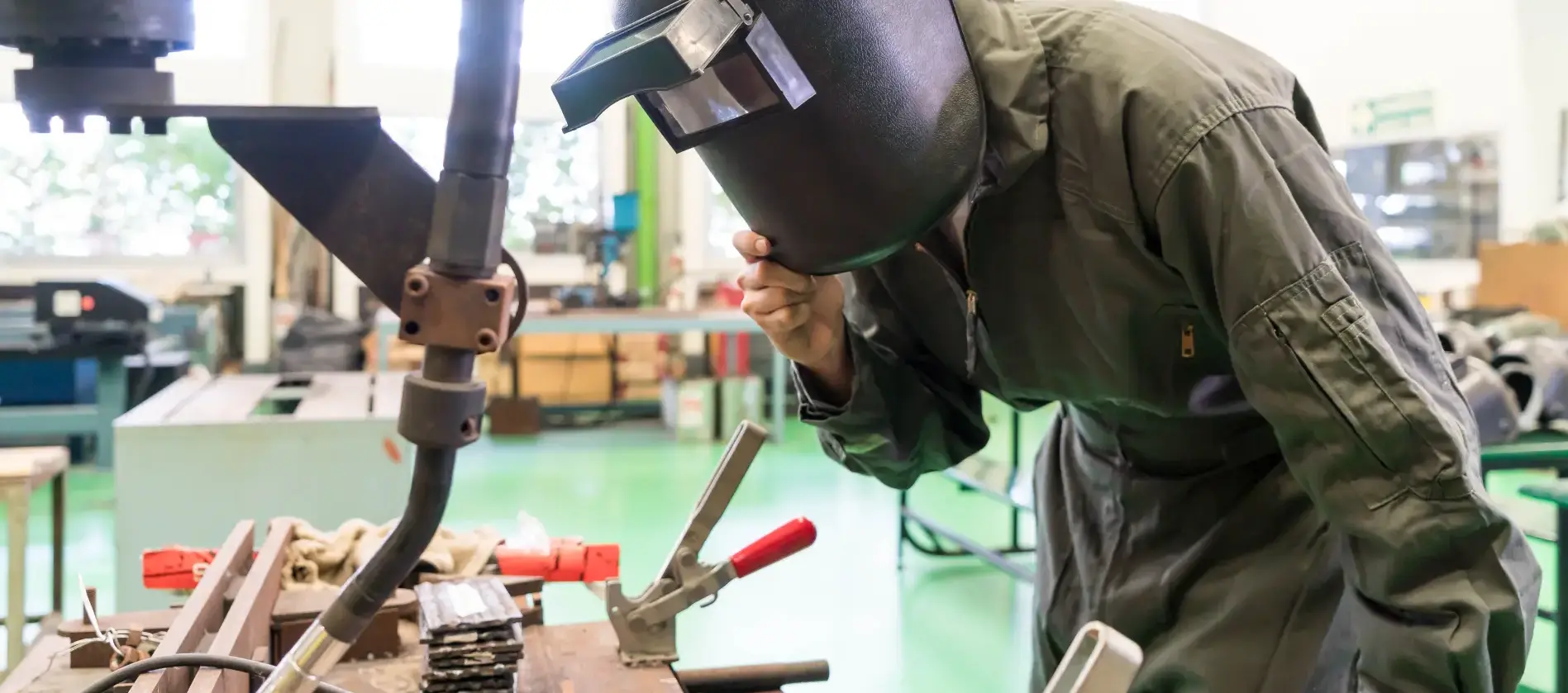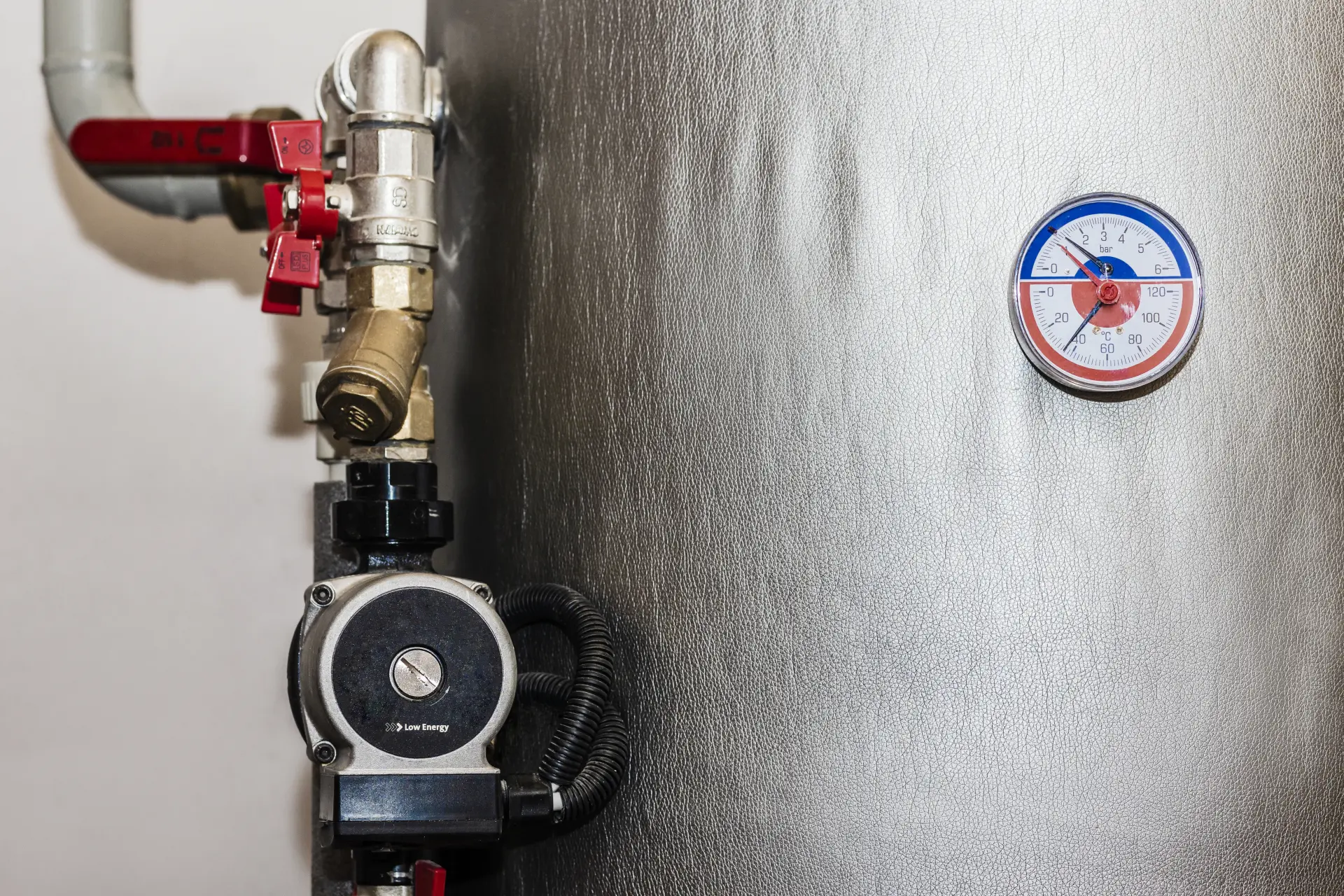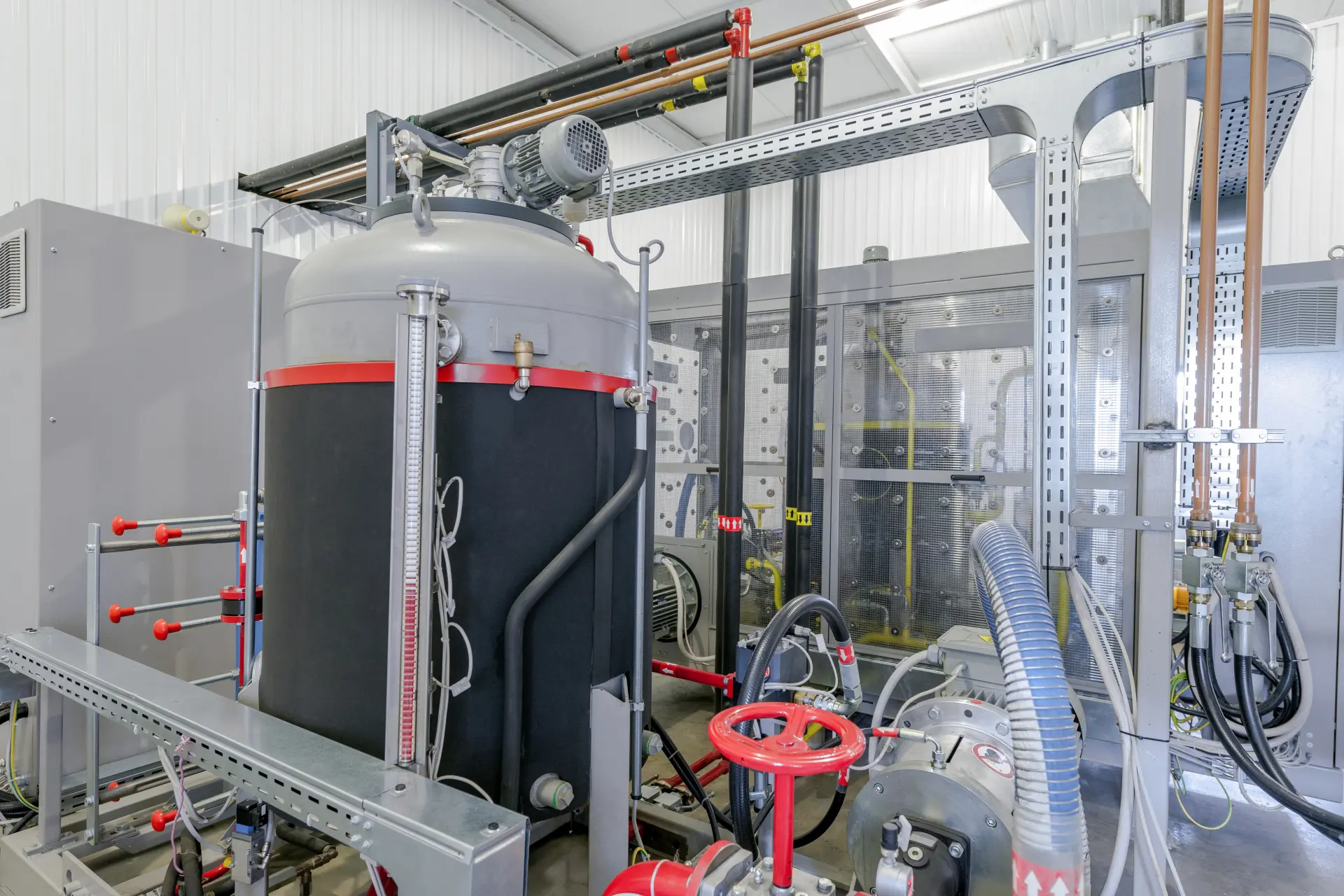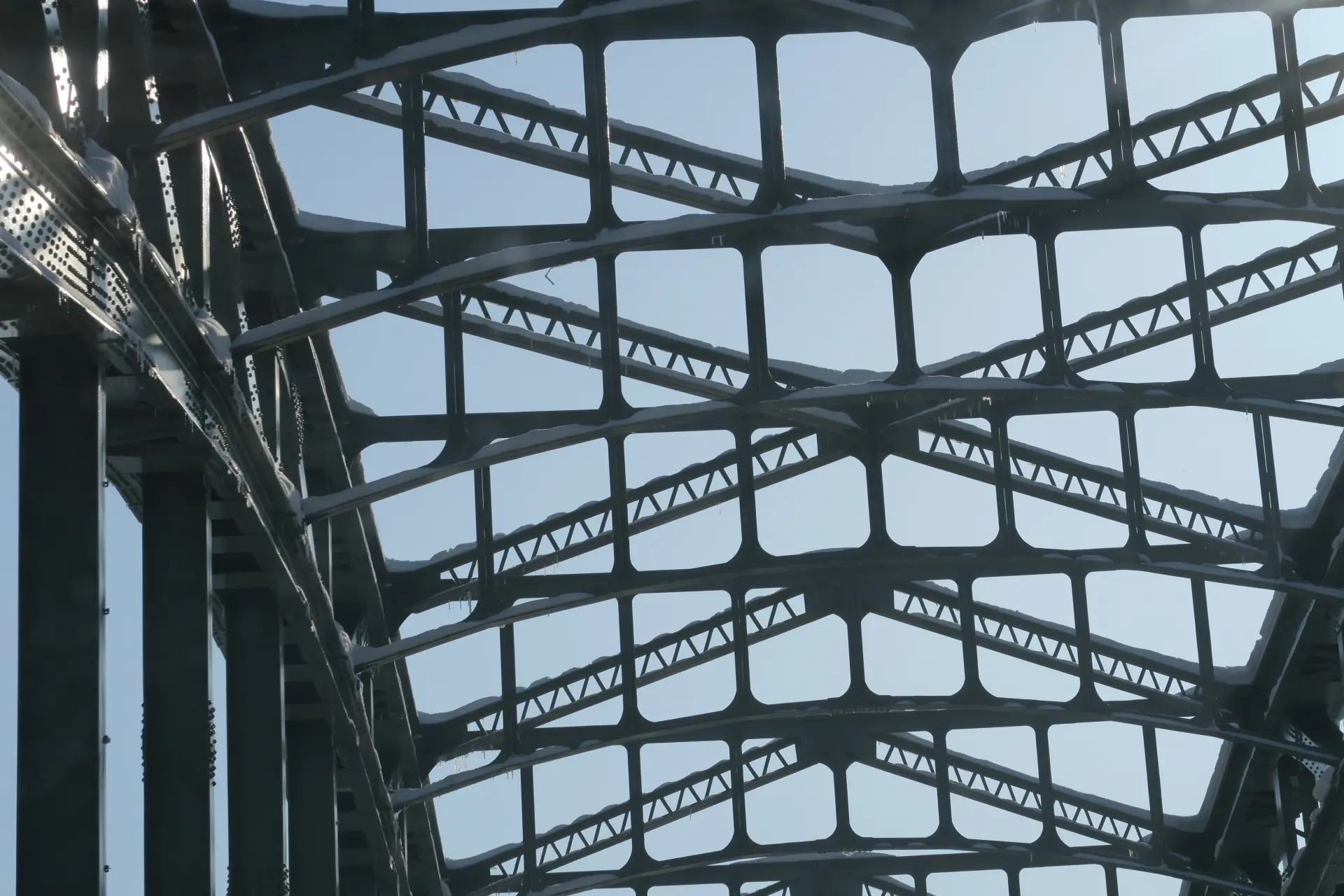Explore how industries that use bespoke fabrication benefit from tailored manufacturing, improving durability, safety, and performance for construction, public sector, and more.
Construction, Manufacturing and Building
Construction, manufacturing, and building tend to be the most common industries relying on bespoke fabrication to carry out work. These essential sectors often need brand-new parts and structures to match the exact sizes, shapes, and functions of your project.
When it comes to construction, bespoke fabrication creates a number of features like steel frames, staircases, and fittings that suit a building’s unique design. In manufacturing, machines and tools are often adapted with custom parts to improve how they work or to carry out specific tasks.
The building industry benefits from a number of custom-made features such as cladding, supports, and decorative elements. By using bespoke fabrication, these industries can help achieve better quality, safety, and performance in their projects.
Public Sector and Local Authorities
Public sector organisations and local authorities regularly use bespoke fabrication to meet the varied demands of public infrastructure and services. This includes the creation of custom items such as street furniture, fencing, barriers, signage, shelters, and handrails.
Components often have to match specific site layouts, meet strict safety and accessibility standards, and remain durable in all weather conditions. Custom fabrication allows councils to install features that are both functional and suitable for the surrounding environment, whether in parks, town centres, schools, or transport hubs.

When it comes to hospitals, libraries, community centres, and other public buildings, many opt for more bespoke fabrication methods for the sake of having unique fixtures like ramps, walkways, protective screens, and service desks.
Such features not only support the practical needs of staff and visitors but also help make sure you comply with the current health and safety regulations. By choosing custom-made solutions, local authorities can maintain high standards of quality, improve access for all users, and extend the life of public assets.
Agriculture and Farming
Agriculture and farming are also industries that depend heavily on bespoke fabrication, as it allows them to meet the varied and practical demands of their daily work. Every farm you see has its own layout, equipment, and types of livestock or crops, meaning standard parts and tools may not always be suitable.
Custom fabrication allows farmers to create or adapt essential items such as gates, animal pens, feed troughs, tool racks, and handling systems to fit their exact needs. It also helps modify trailers, storage tanks, fencing, and machinery so they perform more effectively in specific environments, such as uneven ground or narrow access areas.
These custom solutions enable farmers to use plenty of space, much more efficiently. It also makes sure they improve the working conditions, and increases safety for both people and animals. Bespoke fabrication can also extend the life of equipment by allowing for repairs or upgrades with made-to-measure parts.
This reduces downtime and supports a smoother, more reliable operation, which is especially important in time-sensitive farming activities like planting, harvesting, and livestock care.
Transport and Logistics
The transport and logistics industry uses bespoke fabrication to keep vehicles, storage systems, and handling equipment working safely and efficiently. Custom-made parts and structures are often needed to meet specific load sizes, vehicle types, or space limits.
This can include tailored storage racks, loading ramps, safety barriers, steps, and vehicle modifications such as tool holders, protective covers, or shelving systems. In busy environments like warehouses, depots, and distribution centres, bespoke fabrication helps improve organisation, speeds up loading and unloading of heavy loads, and reduces the risk of accidents.
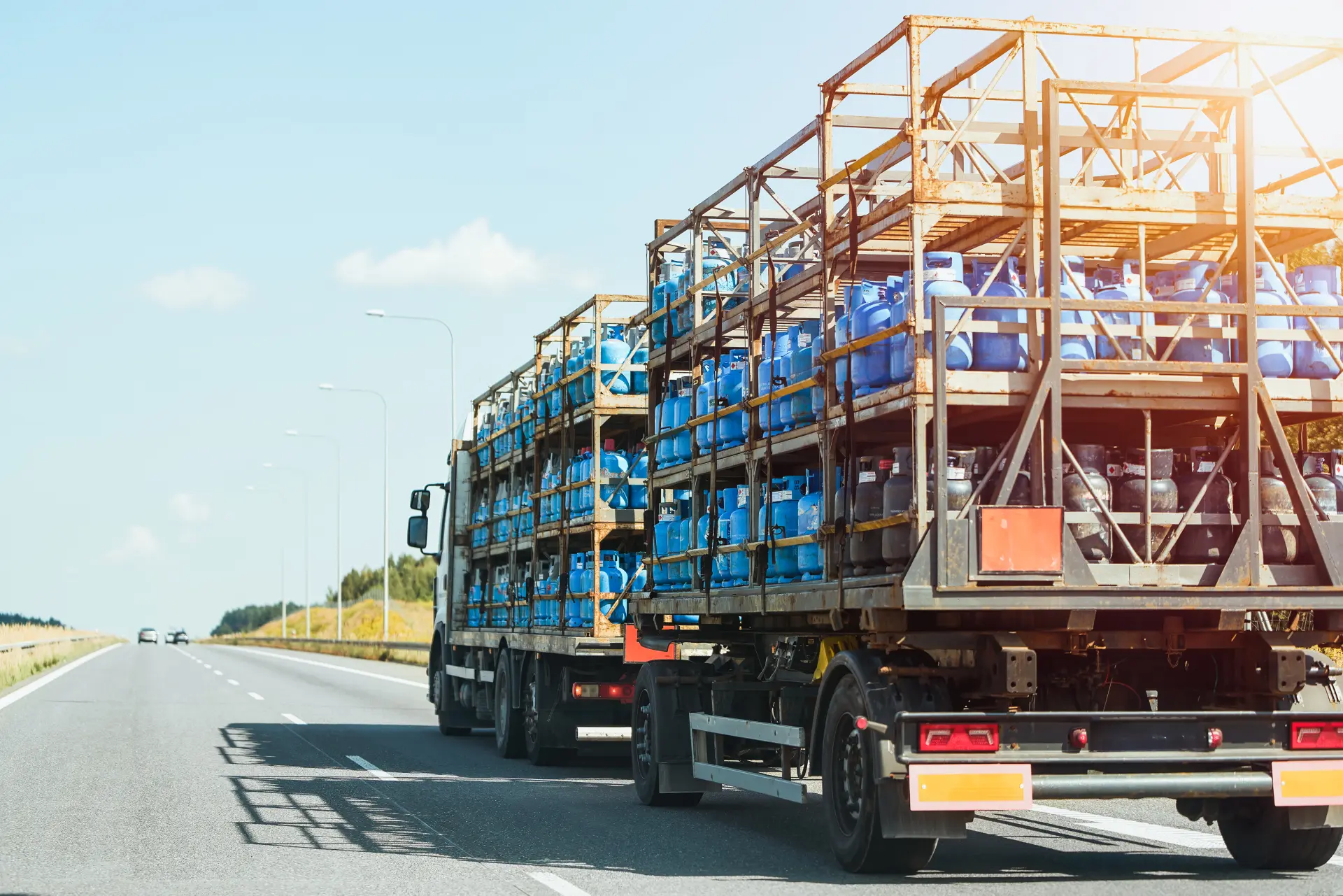
By using fabricated custom solutions, many transport and logistics companies make the most of the available space they have, protect goods during transit, and meet all the specific industry or client requirements.
Whether you wish to adjust a van interior for secure storage or create a custom loading platform, bespoke fabrication makes sure that each part or fitting involved performs a clear and reliable role. This improves overall efficiency, helps avoid costly damage, and supports a smoother flow of goods and services.
Energy and Utilities
The energy and utilities sector usually requires some bespoke fabrication to help support the installation, maintenance, and protection of vital systems and equipment. This includes power stations, water treatment plants, gas works, and renewable energy sites, all of which have unique layouts and technical needs.
Custom fabrication is used to create items such as pipe supports, access platforms, safety railings, brackets, housings, and enclosures for sensitive equipment. These components must be strong, durable, and able to withstand tough conditions, including extreme temperatures, moisture, and heavy use.
Bespoke fabrication also helps ensure that equipment is installed safely and operates smoothly within complex systems. For example, custom parts may be needed to fit around existing structures or to support large machinery in awkward or limited spaces.
Through offering made-to-measure solutions, custom fabrication improves the reliability, safety, and long-term performance of local energy and utility services, as it helps to keep essential infrastructure running without interruption.
If you're searching for a trustworthy company to assist with fabrication and engineering in Manchester, Stockport, Salford and Wilmslow, give our team a call today. We'll do all we can to meet your needs for safe and functional construction work.
